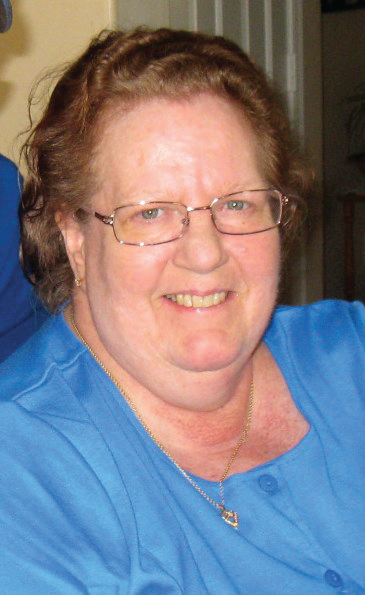By Monica Sucha Vickers, Author of My Extraordinary Life
I was born in 1954 with no legs and no right arm. This was undoubtedly due to the thalidomide scandal in the 1950s; however, the records have been “lost” and thus, there is no positive confirmation. I was born in Kansas but grew up in Nebraska.
The doctors did not think I would live very long, and at their recommendation, my very young parents (age nineteen) considered placing me in a home for the disabled. In the end, they decided against it and took me home. They would go on to have six more children, each one physically normal. As a member of this large family, I was afforded no special privilege or consideration.
I was expected to do everything everyone else did. My extended family was told to let me try things first and if I needed help, I would ask. They were cautioned not to rush in and help me just because a task looked awkward or difficult to them.
There is no doubt in my mind that this philosophy is the reason I never really thought I was ‘disabled’. At a young age, I was equipped with leg prostheses and crutches which I wore until I was twenty-one. At that time, I decided that an electric wheelchair would be of most help in achieving my independence and I no longer wore the limbs. An arm prosthesis was tried as a child but it was discarded quickly as affording no tangible benefits.
I was nearly in my twenties before I began to truly appreciate that I was quite different physically. Until then, I had no real reason to notice. I made it through grade school, high school, and college without too much problem. Steps and snow were an issue but those rarely prevented me from doing something. I vowed, however, to get rid of the snow issue by moving to California when I graduated from college. It seemed like there were fewer steps in California too.
My disability did not start to “interfere” with my life until I began looking for a job. Initially I did not recognize discrimination, bias, or prejudice, but I began to sense that outcomes sometimes seemed unfair. I could see that some decisions were made based on flawed assumptions and stereotypes.
First I went to an employment agency to take a typing test. I obviously shocked the receptionist because, after she found her words, she gave me instructions on turning on the electric typewriter. To put it mildly, I was quite insulted. As I simmered quietly, I produced a stellar five-minute test (124 wpm, 2 errors). As I left, I told her I shut off the typewriter but I would not take a job from her agency. At that moment, she realized her blunder, and she became quite apologetic. When I would not change my mind, she told me I would likely do well in the medical transcription field.
When I applied for my first transcription job, they were hesitant but agreed to try me on a trial basis at a lower pay. Some years later, in this same facility, I was bypassed for a promotion even though they admitted I was the better of two candidates.
They believed new hires might be turned off at interviews. I felt like I had been hit by a truck, but on some level, I could sort of see their point. In retrospect, this was my first introduction to clear discrimination.
Dating also proved to be challenging. I had my first date at age twenty-four. In the end, I found the right person for me but he struggled considerably for years with family and work perceptions. Many thought he would simply be a caretaker.
The biggest struggle in my life has been meeting new people. They consistently form an opinion that does not even resemble me or my life. The worst thing about my disability is that people see it before they see me.
Having a disability is simply a lifestyle—a different way of doing the same thing. It does not make one courageous, brave, or heroic. Disabled people know what they can and can’t do. Knowing these limitations helps one look at the bright side of things. It helps to think positively and be grateful for the things that can be done.
I hope that by sharing my story, people who have never had a relationship with a disabled person will realize that we are just people. Very often, the disabled make wonderful spouses and parents. There is no need to be afraid or apprehensive. I know it is often difficult to know what to say to a disabled person or whether or not to offer your help. My suggestion is to smile and say hi. If help is needed, the disabled person will generally ask. If they don’t, chances are they don’t need (or desire) help.
For family members of the disabled, the worst thing you can do is pity them. When someone pities me, I quickly feel diminished. Encourage as much independence as possible, even though it may look to you like the task is a struggle. Pushing these limits helps a disabled person reach their full potential. There is also much satisfaction in achieving even the simplest task independently.
Finally for the disabled themselves, I hope the description of my struggles and successes is motivating to never give up. No one, including me, would volunteer to be disabled, but going forward with a positive attitude makes the journey much easier.







